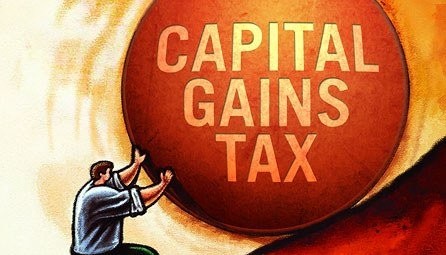Estimated reading time (in minutes)

Construction expenses and capital gain calculation
In the context of a real estate sale, the calculation of the capital gain consists of determining the difference between the sale price and the acquisition price, as provided for in article 150 V of the CGI (CGI art. 150 V) . Furthermore, the acquisition price may be increased by construction expenses incurred since the acquisition of the property, as provided for in art. 150 VB II-4°.
However, if a taxpayer does not provide supporting documents justifying his assumption of the construction expenses and only presents an expert report estimating the amount of the construction work, he cannot increase the acquisition price for the calculation of the taxable capital gain. To support the calculation, the taxpayer must be able to provide all construction invoices for the property, along with proof of payment (such as bank account statements in the seller’s name).
Lack of justification and alternative approach for taxation
It is important to note that the signature of the head of the tax office on the disputed capital gains declaration does not imply any formal position of the administration on the situation. Nevertheless, since 2016, there is a partial recourse to the absence of justification.
According to article 150 VB of the general tax code, if the taxpayer or the owner cannot sufficiently justify his expenses, or if he has owned the property for more than five years, he always has the possibility of applying an increase. 15% on the acquisition price for the calculation of the capital gain (1). This provision allows an alternative approach to taxation, taking into account the lack of supporting documents.
In conclusion, the presence of construction expenses affects the calculation of the capital gain in real estate sales. However, failure to justify these expenses can have tax implications. While the taxpayer must generally provide invoices and proof of payment, the absence of these documents can be resolved by applying a 15% increase in the acquisition price. It is advisable to consult a lawyer specializing in real estate law, such as Grégory Damy, to navigate the complexities of these tax regulations and ensure compliance with the law.
